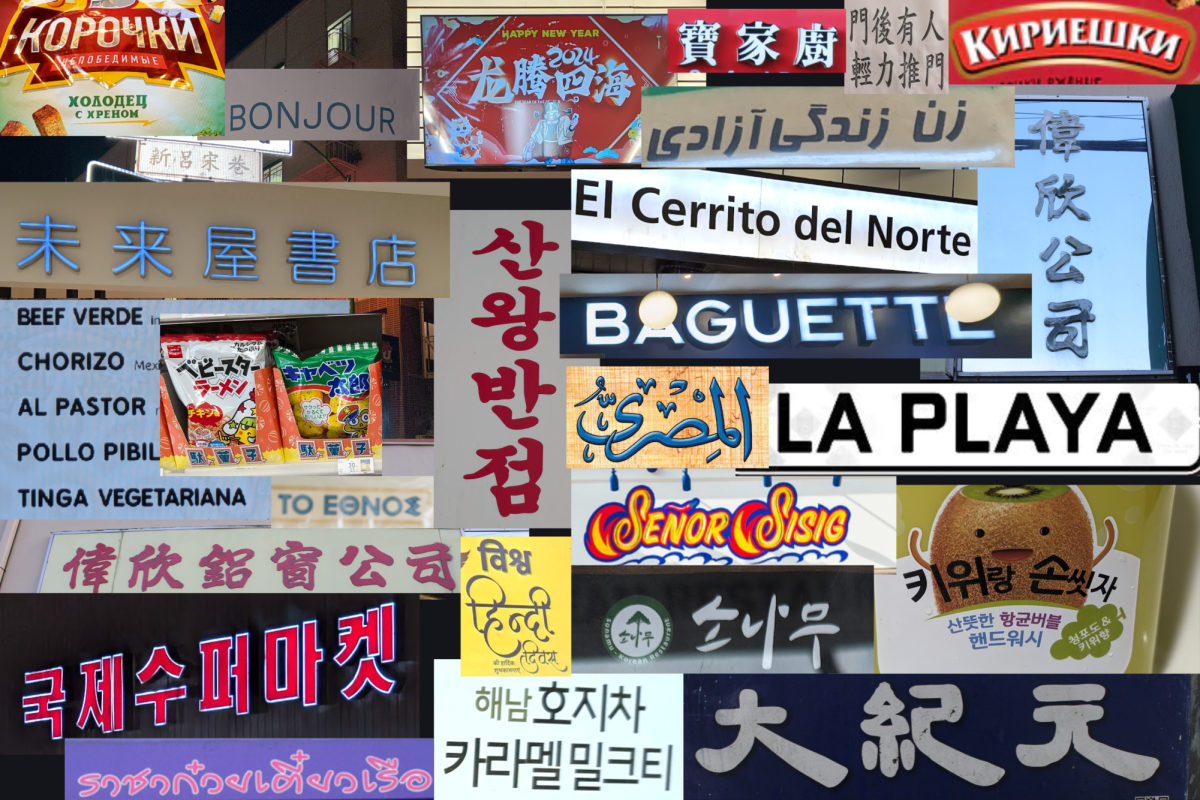Fred Ho was known for thinking outside the box with his musical compositions and political beliefs. Now, SF State pays tribute to the famous saxophonist, composer, writer and social activist who passed away last April after a long battle with colon cancer, on Wed., Sept. 3.
The event in Knuth Hall, located in the Creative Arts Building, is sponsored by the creative music studies program, which recently introduced a bachelor of arts emphasis in the School of Music and Dance, and is organized by SF State professor and adviser Hafez Modirzadeh.
During the tribute, students and some of Ho’s colleagues, including Ben Barson, Royal Hartigan, Masaru Koga, and Modirzadeh will perform music and poetry to honor Ho’s life.
Masaru Koga, a multi-instrumental artist who worked with Ho, said he always had a creative mind.
“Ho always thought outside the box,” Koga said. “He told me to forget everything I learned in school.”
Ho’s greatest work, according to Modirzadeh, is the Monkey Trilogy, an Afro-Asian theatrical performance based on the 16th century Chinese novel, “Journey to the West.”
Modirzadeh played alto sax in Ho’s group in the early 90’s and said the orchestra involved a unique combination of Chinese and Western instrumentals. Hartigan and Modirzadeh played in Ho’s Monkey Orchestra in the early 90’s.
Modirzadeh befriended Ho in New York back in 1987 and described Ho as an interdisciplinary artist who was brutally honest and always spoke his mind.
“He passed away this year after a powerful war with colon cancer, which he brilliantly related to the cancer of Capitalism,” Modirzadeh said.
Hartigan, a percussionist who first met Ho in 1972, said Ho was a fighter through cancer like he was in his political and social beliefs.
“Fred stood up for what he believed in,” Hartigan said. “Even at his own expense.”
Hartigan added that Ho was a political activist who disliked the financial incentives behind Capitalism and that he blamed his late diagnosis and severity of his cancer on the lack of universal healthcare in the US. Hartigan stated that Fred would still be here with us today if he was diagnosed sooner.
Ho lived a life of self-reliance, according to Hartigan, which was evident from the colorful clothing he created and wore. In addition, his artistic works were made possible through independent forms of funding such as grant-giving organizations.
Ben Barson, a baritone saxophonist who first met Ho in 2009, said he was influential in a different genre of jazz.
“He’s like the Obama of jazz,” Barson said. “He was part of a movement of people who defined Asian jazz in the 80’s.”
Barson inherited Ho’s alto saxaphone that he has been using since 1967.
“Brass bends and molds over time to the player,” Barson said. “I’m honored to be playing his saxophone because it represents so much. It sounds like Fred.”
SF State students from the Creative Music Studies program will also be part of the tribute: Shura Ng will play the Guzheng, a Chinese harp-like instrument; Pezhham Akhavass will play the Tombak, a Persian goblet-shaped drum; and Gabriel Case will be on African percussion.
The tribute to Fred Ho is from 1:10 p.m. – 2 p.m. Wed., Sept. 3 in Knuth Hall. Admission is free.










